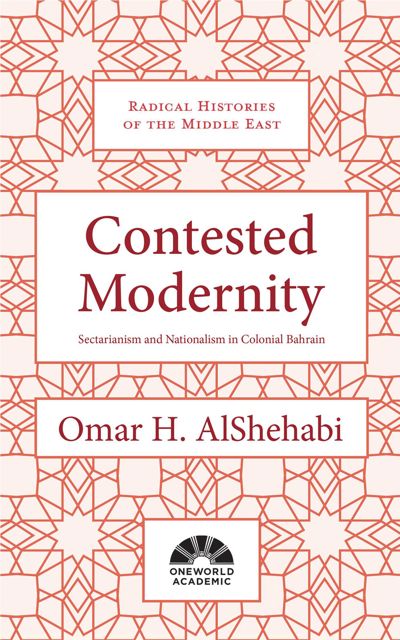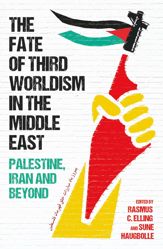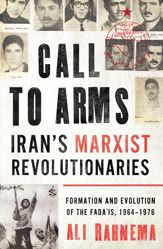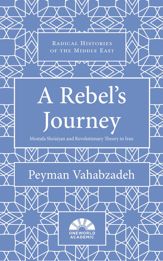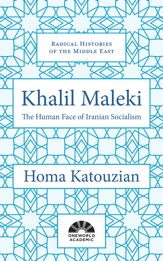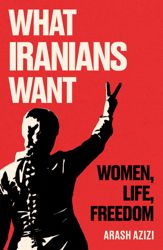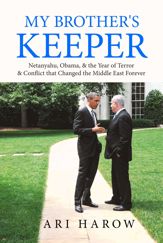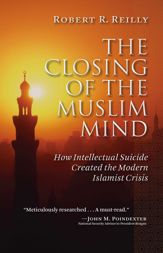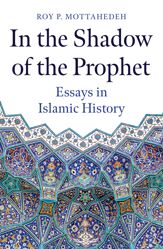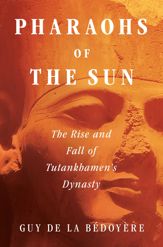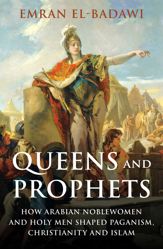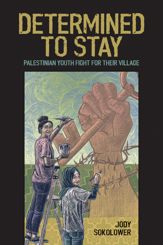‘AlShehabi’s book is important in several respects. First, it contributes to historicize the ethnosectarian categories that both scholars and social actors use when trying to make sense of contemporary Bahraini society and politics… It underlines how much Bahraini ethnosectarianism, before becoming a political practice, was first a form of colonial knowledge that different actors contested but also espoused, often strategically. The book is also important politically…because it proposes a scientific reading of Bahraini history in a context where history has been hyper-politicized, and thus often distorted, by local actors seeking to substantiate their respective positions in the hierarchy of power.’
Description
Discussions of the Arab world, particularly the Gulf States, increasingly focus on sectarianism and autocratic rule. These features are often attributed to the dominance of monarchs, Islamists, oil, and ‘ancient hatreds’. To understand their rise, however, one has to turn to a largely forgotten but decisive episode with far-reaching repercussions – Bahrain under British colonial rule in the early twentieth century.
Drawing on a wealth of previously unexamined Arabic literature as well as British archives, Omar AlShehabi details how sectarianism emerged as a modern phenomenon in Bahrain. He shows how absolutist rule was born in the Gulf, under the tutelage of the British Raj, to counter nationalist and anti-colonial movements tied to the al-Nahda renaissance in the wider Arab world. A groundbreaking work, Contested Modernity challenges us to reconsider not only how we see the Gulf but the Middle East as a whole.
Genres
Reviews
‘This is a crucial corrective to misleading and injurious narratives about the perpetually “sectarian” Gulf and its people. Credit to AlShehabi for historicizing the interrelated problems of sectarianism and colonialism in modern Bahrain, the Gulf region, and the wider Arab world.’
‘With great ambition, rich empirical detail and theoretical nuance, this book successfully sets out to rewrite the history of modern Bahrain… essential reading for anyone who wants to understand Bahraini history, the modern politics of the Gulf and the rise of sectarianism in the Middle East.’
‘AlShehabi offers an insightful and a fresh perspective that challenges dominant narratives on contemporary sectarian politics in Bahrain and the other states of the Arabian Gulf. While situating the Arab Gulf countries within mainstream debates on Arab al-Nahda, the book provides well-argued analyses of the Gulf-specific colonial experiences and the colonial roots of “the modernized absolutist rule” in the region.’
